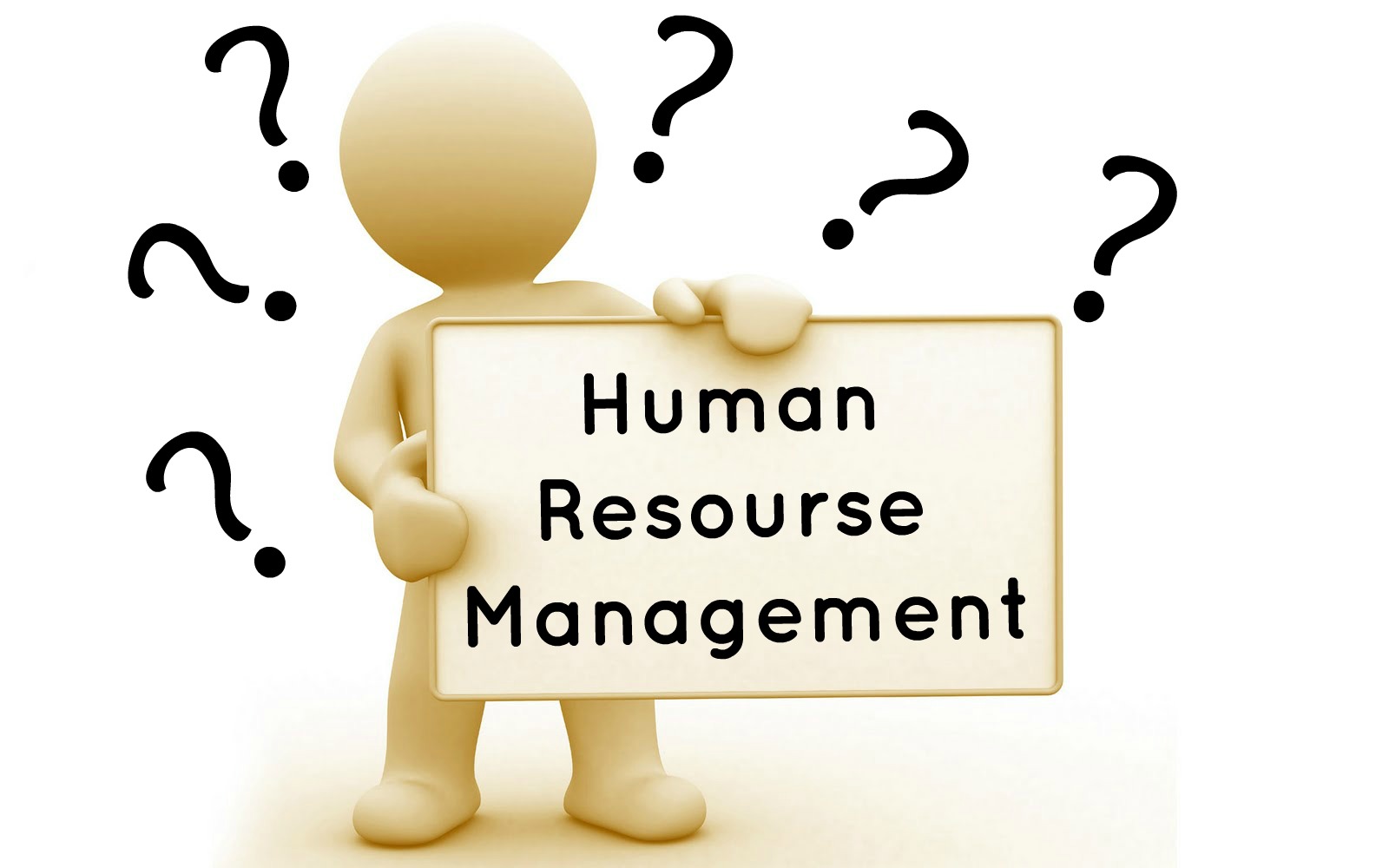What is Human Resource Manager?

Human Resource Managers are professionals who are responsible for managing and developing an organization’s human resources, which includes its employees. They are responsible for a range of activities, including recruitment, hiring, training, performance management, compensation and benefits, and employee relations.
Human Resource Managers are also responsible for ensuring that an organization’s policies and procedures are compliant with labor laws and regulations. They work closely with other departments to ensure that an organization’s human resources are aligned with its overall goals and objectives.
How to become Human Resource Manager?

Becoming a Human Resource (HR) Manager typically requires a combination of education, experience, and skills. Here are the general steps you can follow to become an HR Manager:
- Get a Bachelor’s Degree: A Bachelor’s degree in HR, Business Administration, or a related field is often required to become an HR Manager. You can also pursue an HR certification program or a Master’s degree in HR or related fields for advanced knowledge and skills.
- Gain HR Experience: Gain experience working in HR by taking entry-level positions such as HR assistant or coordinator, recruitment specialist, benefits analyst, or training and development specialist. This will provide you with valuable practical knowledge and skills that can help you move up the career ladder.
- Develop Skills: HR Managers require a range of skills, including communication, problem-solving, negotiation, leadership, conflict resolution, and project management. Developing these skills will help you become an effective HR Manager and demonstrate your value to employers.
- Pursue HR Certifications: Earning HR certifications can demonstrate your knowledge, skills, and expertise to employers. Popular HR certifications include the Professional in Human Resources (PHR), Senior Professional in Human Resources (SPHR), and Global Professional in Human Resources (GPHR) from the Human Resource Certification Institute (HRCI).
- Network: Networking with other HR professionals and industry leaders can help you learn about new opportunities and trends in the HR field. Joining professional associations such as the Society for Human Resource Management (SHRM) can provide access to events, resources, and networking opportunities.
- Apply for HR Manager Roles: Look for HR Manager Roles in job postings and company websites. Highlight your relevant education, experience, skills, and certifications in your resume and cover letter. Prepare for interviews by researching the company, practicing your responses to common interview questions, and showcasing your experience and skills.
Benefits of Becoming Human Resource Manager
Becoming a Human Resource Manager can offer a range of benefits, including:
- Opportunity for Professional Growth: Human Resource Managers have the opportunity to advance their careers and develop their skills as they gain experience and take on new challenges. They can also earn professional certifications and attend conferences and training programs to stay up-to-date on industry trends and best practices.
- Competitive Salary: Human Resource Managers typically earn a competitive salary, with the median annual wage for HR managers in the US being around $121,000 according to the Bureau of Labor Statistics.
- Job Security: Human Resource Managers are essential to the functioning of organizations, and their skills and expertise are always in demand. As a result, HR managers typically enjoy a high level of job security.
- Ability to Make a Difference: Human Resource Managers have the opportunity to make a positive impact on the lives of employees and the success of their organizations. By developing and implementing effective HR policies and programs, HR managers can help to create a positive and productive work environment.
- Variety of Responsibilities: Human Resource Managers have a wide range of responsibilities, from recruiting and hiring to training and development, to performance management and employee relations. This variety of responsibilities can make the job both challenging and rewarding.
Roles and Responsibilities of Human Resource Manager
The Human Resource (HR) Manager is responsible for managing the overall human resource function within an organization. Their primary role is to ensure that the organization has a skilled, productive, and motivated workforce that is aligned with the organization’s goals and objectives. The following are the typical roles and responsibilities of an HR Manager:
- Recruitment and Selection: HR Managers are responsible for developing and implementing recruitment strategies and processes to attract and select qualified candidates. They create job descriptions, post job openings, review resumes, conduct interviews, and make hiring decisions.
- Training and Development: HR Managers are responsible for designing, implementing, and managing training and development programs to enhance employee skills and knowledge. This includes conducting needs assessments, creating training materials, delivering training, and evaluating the effectiveness of training programs.
- Compensation and Benefits: HR Managers are responsible for managing the compensation and benefits programs for employees. This includes designing, implementing, and managing salary structures, bonus programs, and benefit plans.
- Performance Management: HR Managers are responsible for designing and implementing performance management programs that provide feedback, recognition, and opportunities for development. They conduct performance evaluations, develop performance improvement plans, and provide coaching and feedback to employees.
- Employee Relations: HR Managers are responsible for maintaining positive relationships between employees and management. They handle employee grievances, conflicts, and disciplinary actions. They also facilitate communication between employees and management, and create programs that promote employee engagement and morale.
- Compliance: HR Managers are responsible for ensuring that the organization complies with federal, state, and local employment laws and regulations. They develop policies and procedures that are in compliance with these laws and regulations, and ensure that all employees are aware of these policies and procedures.
- HR Information Systems: HR Managers are responsible for managing HR information systems that track employee data, such as employee demographics, job history, and benefits enrollment.
Jobs and Salary and Career Path for Human Resource Managers
| Job Title | Salary Range | Career Path |
| HR Coordinator | INR 2.5 – 4.5 LPA | HR Assistant → HR Coordinator |
| HR Generalist | INR 4 – 7 LPA | HR Coordinator → HR Generalist |
| HR Business Partner | INR 6 – 12 LPA | HR Generalist → HR Business Partner |
| Talent Acquisition Manager | INR 7 – 15 LPA | HR Generalist → Talent Acquisition Manager |
| HR Manager | INR 10 – 20 LPA | HR Generalist → HR Manager |
| Senior HR Manager | INR 18 – 30 LPA | HR Manager → Senior HR Manager |
| Director of Human Resources | INR 30 – 75 LPA | Senior HR Manager → Director of Human Resources |
Human Resource Managers: FAQs
What is human resource management (HRM)?
HRM is the function within an organization that is responsible for managing employee relations, recruitment, training, benefits, compensation, and other administrative tasks related to the organization’s workforce.
What are the primary responsibilities of a human resource manager?
HR managers are responsible for hiring and training employees, developing and implementing policies and procedures related to employee relations and compensation, ensuring compliance with labor laws, and managing employee benefits programs.
What are the most important skills needed to be an effective HR manager?
Some of the key skills needed to be an effective HR manager include strong communication and interpersonal skills, problem-solving ability, attention to detail, strong organizational skills, and the ability to work collaboratively with others.
What are some common challenges faced by HR managers?
Some common challenges faced by HR managers include managing employee performance and dealing with workplace conflict, attracting and retaining top talent, navigating complex labor laws and regulations, and balancing the needs of employees with the needs of the organization.
How has technology impacted human resource management?
Technology has significantly impacted HRM, particularly in areas such as recruitment, training, and employee engagement. HR managers now have access to a wide range of tools and software that can help them streamline their work and improve the employee experience. However, technology has also created new challenges, such as managing remote workers and protecting employee privacy and data.
